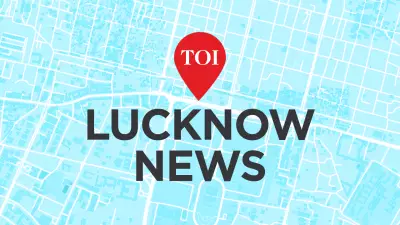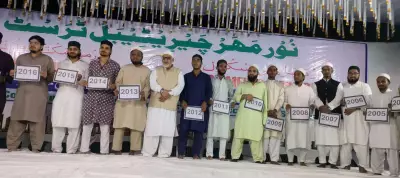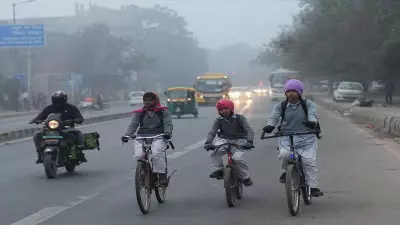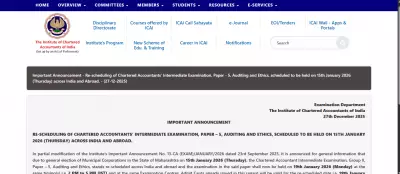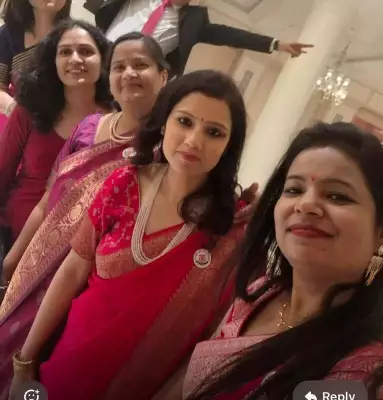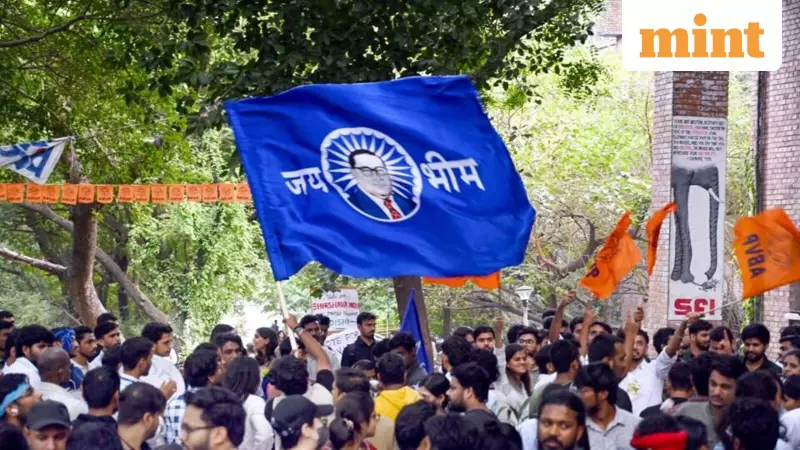
The Jawaharlal Nehru University campus is buzzing with political electricity as counting for the 2025 Student Union elections reaches its climax. Early trends indicate a razor-thin margin between the Left-backed United Panel and the ABVP, with both factions locked in an intense struggle for control of key positions.
High-Stakes Battle for Presidential Post
The presidential contest has emerged as the most closely watched race, with candidates from both major blocs demonstrating strong performances. The atmosphere at the counting center remains charged as supporters from various camps await the final declaration.
Key Positions Under Contention
The electoral battle encompasses four crucial positions that will shape student governance at one of India's premier universities:
- President: The face of student leadership and primary representative
- Vice President: Supporting role in administrative functions
- General Secretary: Manages daily operations and coordination
- Joint Secretary: Assists in secretarial responsibilities
Historical Context and Political Significance
JNU has long been recognized as a barometer of student political sentiment in India. The university's student union elections traditionally attract national attention, often reflecting broader political trends and ideological shifts within the country's youth demographic.
Current Electoral Landscape
Initial reports suggest unprecedented voter turnout, indicating heightened political engagement among the student community. The close contest reflects the evolving political dynamics on campus, where traditional alliances are being tested against emerging student concerns.
Election officials continue to meticulously verify votes while security remains tight across campus premises. Student representatives from all participating groups are closely monitoring the counting process to ensure complete transparency.
What's at Stake
The outcome of this election will determine not only student leadership but also influence the political discourse at one of India's most politically active universities. The winning panel will shoulder responsibility for representing student interests and shaping campus policies for the coming academic year.
As the counting progresses, political observers and student communities across India await the final results that could signal new directions in campus politics and student activism.

